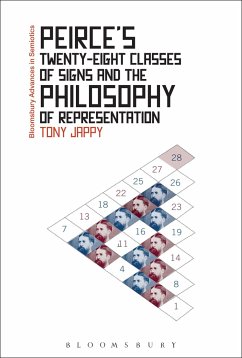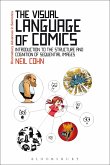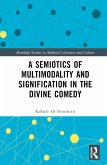This book is open access and available on www.bloomsburycollections.com. It is funded by Knowledge Unlatched. The major principles and systems of C. S. Peirce's ground-breaking theory of signs and signification are now generally well known. Less well known, however, is the fact that Peirce initially conceived these systems within a 'Philosophy of Representation', his latter-day version of the traditional grammar, logic and rhetoric trivium. In this book, Tony Jappy traces the evolution of Peirce's Philosophy of Representation project and examines the sign systems which came to supersede it. Surveying the stages in Peirce's break with this Philosophy of Representation from its beginnings in the mid-1860s to his final statements on signs between 1908 and 1911, this book draws out the essential theoretical differences between the earlier and later sign systems. Although the 1903 ten-class system has been extensively researched by scholars, this book is the first to exploit the untapped potential of the later six-element systems. Showing how these systems differ from the 1903 version, Peirce's Twenty-Eight Classes of Signs and the Philosophy of Representation offers an innovative and valuable reinterpretation of Peirce's thinking on signs and representation. Exploring the potential of the later sign-systems that Peirce scholars have hitherto been reluctant to engage with and extending Peirce's semiotic theory beyond the much canvassed systems of his Philosophy of Representation, this book will be essential reading for everyone working in the field of semiotics.
Hinweis: Dieser Artikel kann nur an eine deutsche Lieferadresse ausgeliefert werden.
Hinweis: Dieser Artikel kann nur an eine deutsche Lieferadresse ausgeliefert werden.








